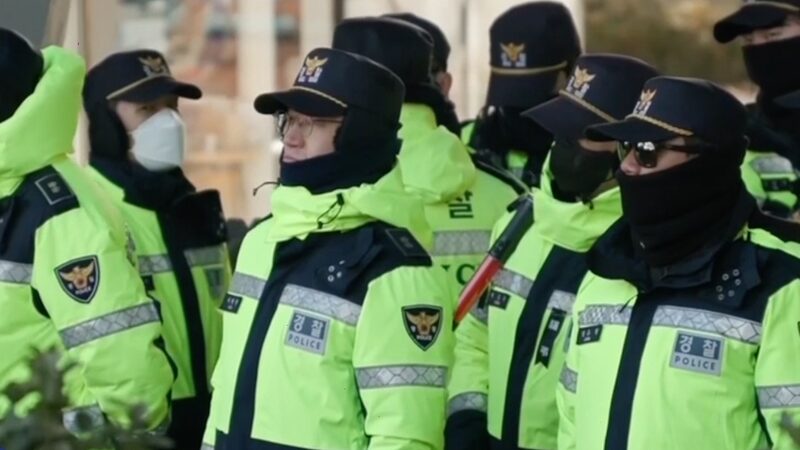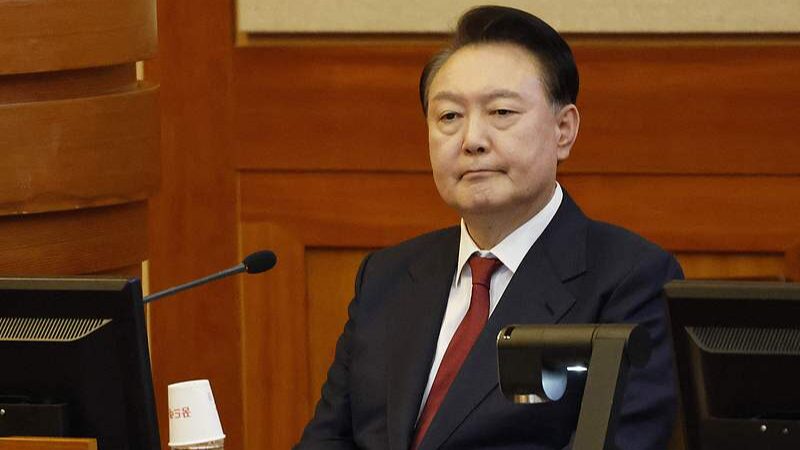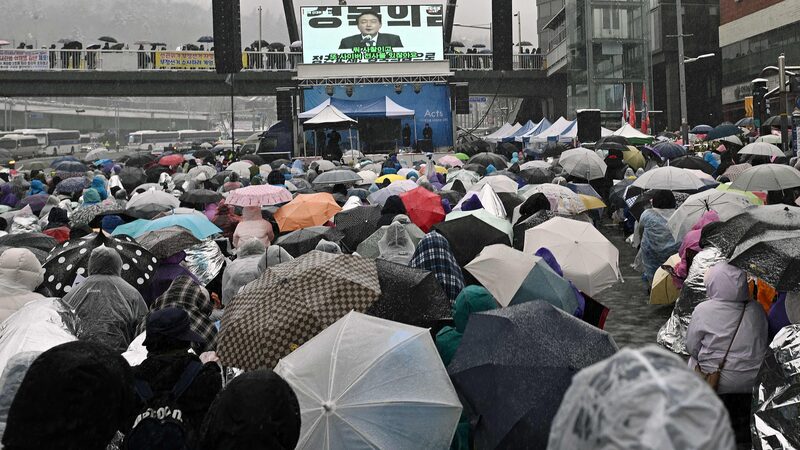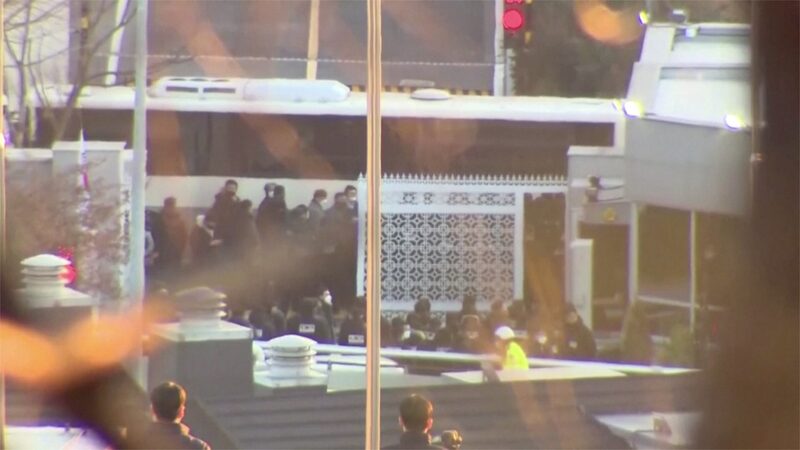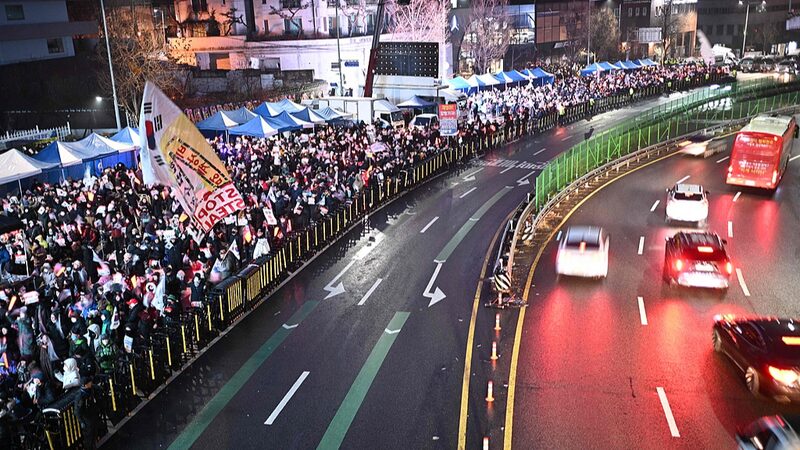In a historic first, South Korea’s impeached president Yoon Suk-yeol was arrested Wednesday after a dramatic standoff at his residence, marking a pivotal moment in the country’s political saga. 🌏⚖️
The Arrest Unfolds
At 10:33 a.m. local time, a joint investigative team—including the Corruption Investigation Office for High-ranking Officials (CIO)—detained Yoon following a tense confrontation with security forces. TV footage showed a black vehicle transporting him to the CIO’s Gwacheon office, where questioning began immediately. He’ll later be held at the Seoul Detention Center.
Charges & Challenges
The investigation spans over 200 pages of questions, probing alleged plans to impose emergency martial law, manipulate elections, and paralyze the National Assembly. Analysts speculate Yoon, a former prosecutor general, might leverage his legal expertise to deny charges or remain silent. 🕵️♂️ 'This is a victory for the people,' said Kwon Ki-sik, a former presidential aide, pointing to public support for impeachment.
Legal Chess Game
The CIO has 48 hours to decide whether to extend Yoon’s detention for up to 20 days. Da Zhigang, a Chinese analyst, noted Yoon’s decision to cooperate could sway public opinion and pressure the constitutional court to handle his impeachment trial cautiously. A verdict may come by mid-March.
What’s Next?
With the court rejecting Yoon’s request to exclude an opposition-backed justice, his legal team faces an uphill battle. If convicted, Yoon could receive a heavy sentence—shaking South Korea’s political landscape and setting a precedent for accountability. Stay tuned as this high-stakes drama unfolds. 📉✨
Reference(s):
What's next for South Korea after impeached president's arrest
cgtn.com
